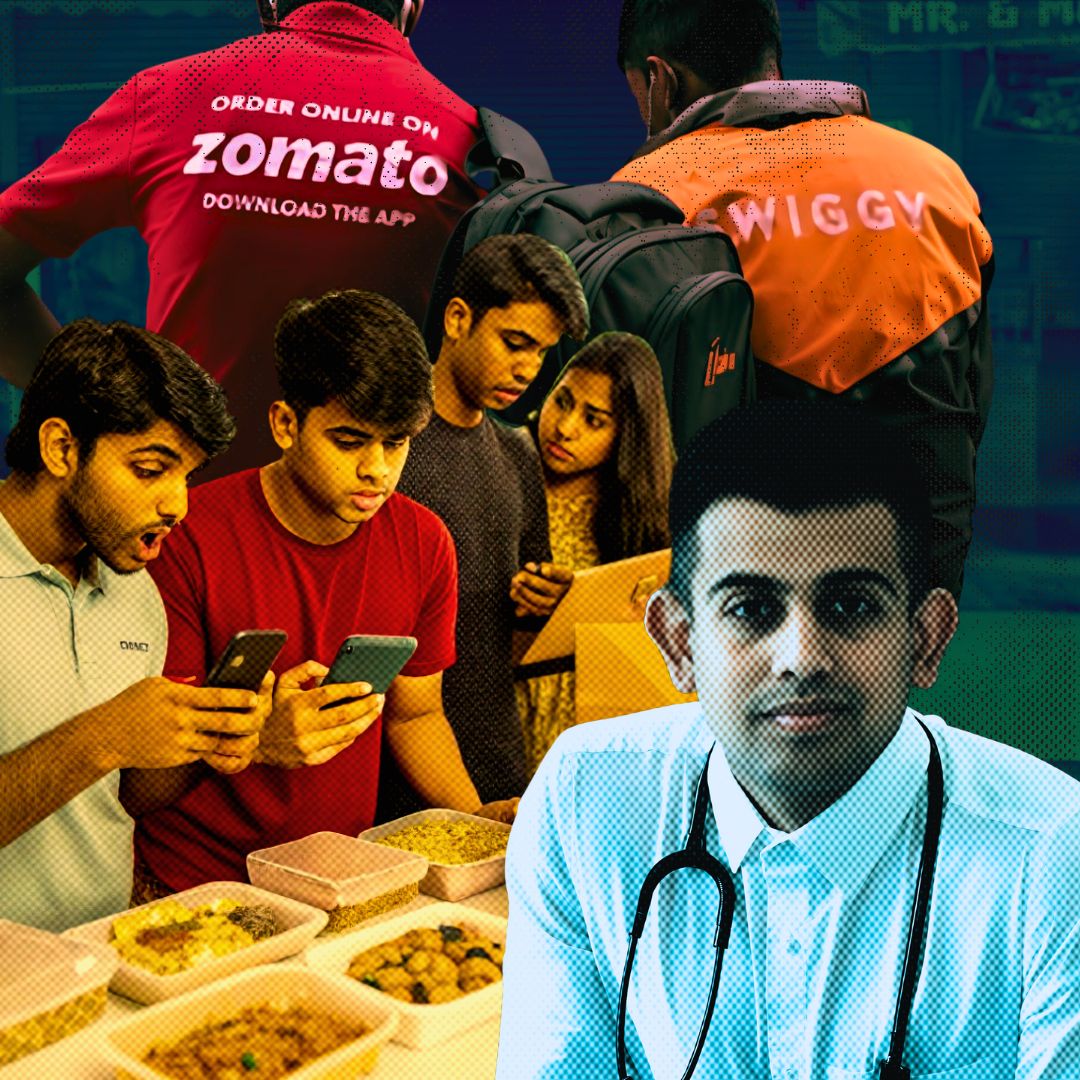Renowned orthopaedic surgeon Dr. Manan Vora has raised alarms about the health risks associated with 10-minute food delivery services offered by Zomato, Swiggy, and Zepto. He warns that these quick meals, often ultra-processed, can lead to significant health issues, including a 12% increase in cancer risk and a 10% rise in cardiovascular diseases.
Understanding the Delivery Dilemma
In a recent LinkedIn post, Dr. Vora highlighted the alarming trend of ultra-fast food delivery in India, where platforms like Zepto Cafe, Zomato’s Bistro, and Swiggy Bolt compete to deliver meals in just 10 minutes. He explained that for food to be delivered in such a short time, it must be cooked in three minutes or less, necessitating the use of ultra-processed, ready-to-eat meals that are pre-cooked, frozen, and microwaved. This method significantly compromises nutritional quality and safety. “These platforms are essentially selling a nutritional time bomb,” Dr. Vora stated.
How 10-Minute Deliveries Compromise Health
The preparation methods involved in these quick deliveries raise several health concerns:
- Excessive preservatives and stabilizers: These ingredients are often used to prolong shelf life but can pose health risks.
- Nutrient degradation: The process of freezing and reheating can lead to significant nutrient loss.
- Compromised food safety standards: Rapid preparation may not adhere to strict hygiene protocols.
- High levels of trans fats: These are linked to an increased risk of heart disease.
Dr. Vora’s concerns reflect a growing awareness of how ultra-processed foods can contribute to obesity and other metabolic disorders. The convenience of quick food delivery may encourage consumers to opt for calorie-dense and nutrient-poor options, which can have long-term health implications.
Systemic Health Implications
The implications of this trend extend beyond individual health risks. Experts warn that reliance on fast-food culture could exacerbate public health crises. Shantanu Deshpande, CEO of Bombay Shaving Company, described this growing dependence on cheap, ultra-processed meals as a significant epidemic. He advocates for stricter regulations on food quality and urges consumers to prioritize fresh, home-cooked meals over convenience.
The Logical Indian’s Perspective
The rising consumption of ultra-processed foods presents a significant public health challenge that requires careful consideration from all stakeholders involved in food delivery services. It is essential to explore how these platforms can balance convenience with nutritional quality and safety.
As consumers increasingly rely on food delivery apps, there is a pressing need for transparency regarding food preparation practices and nutritional content. How can we ensure that convenience does not come at the cost of our health?











